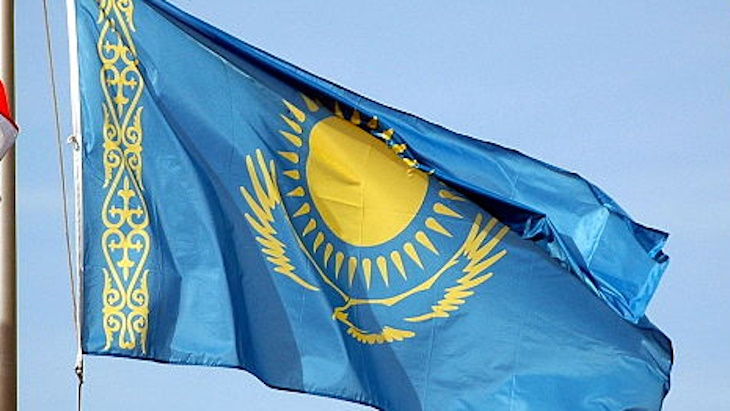Kazakhstan regions to hold public hearings on nuclear plans
The Ministry of Energy has issued an update on progress towards the construction of Kazakhstan's first nuclear power plant, confirming the selection of Ulken in the Zhambyl district of Almaty region as the most suitable area for the plant for which four potential suppliers have been shortlisted.

(Image: Radosław Drożdżewski (Zwiadowca21), CC BY-SA 3.0)
The findings of a study of Ulken's suitability were reviewed and approved by the Interdepartmental Commission for Nuclear Development in May 2022, the ministry said in its update today. Under Kazakhstan's nuclear energy law, construction of a nuclear plant also requires local agreement. The law requires public discussions, which aim to determine the attitude of local people to the idea of building a nuclear power plant in their territory. Kazakhstan's Ecological Code requires public hearings to evaluate the project documentation on the construction of the nuclear power plant.
The akimat, or local government, of the Almaty region has now begun these public discussions, the ministry said, and the akimat of Zhambyl district posted the relevant announcements in its official channels on 31 July. Public hearings will take place later in the environmental evaluation stages after the project document has been prepared, the ministry said.
The ministry reiterated its shortlist of suppliers for the project: China National Nuclear Corporation, with the HPR-1000 (Hualong One) reactor design; Korea Hydro & Nuclear Power, with the APR-1400; Rosatom, with the VVER-1200 and VVER-1000; and EDF, with its EPR-1200 reactor.
Kazakhstan is the world's leading producer of uranium. The country currently has no nuclear generation capacity, although a BN-350 fast reactor at Aktau (formerly Shevchenko), on the shore of the Caspian Sea, operated commercially from 1973 until 1999, providing district heating and water desalination.
Researched and written by World Nuclear News
- China Institute of Atomic Energy
- Nuclear Power Institute of China
- Southwestern Institute of Physics
- China Nuclear Power Operation Technology Corporation, Ltd.
- China Nuclear Power Engineering Co., Ltd.
- China Institute for Radiation Protection
- Beijing Research Institute of Uranium Geology (BRIUG)
- China Institute of Nuclear Industry Strategy (CINIS)
- China Nuclear Mining Science and Technology Corporation


